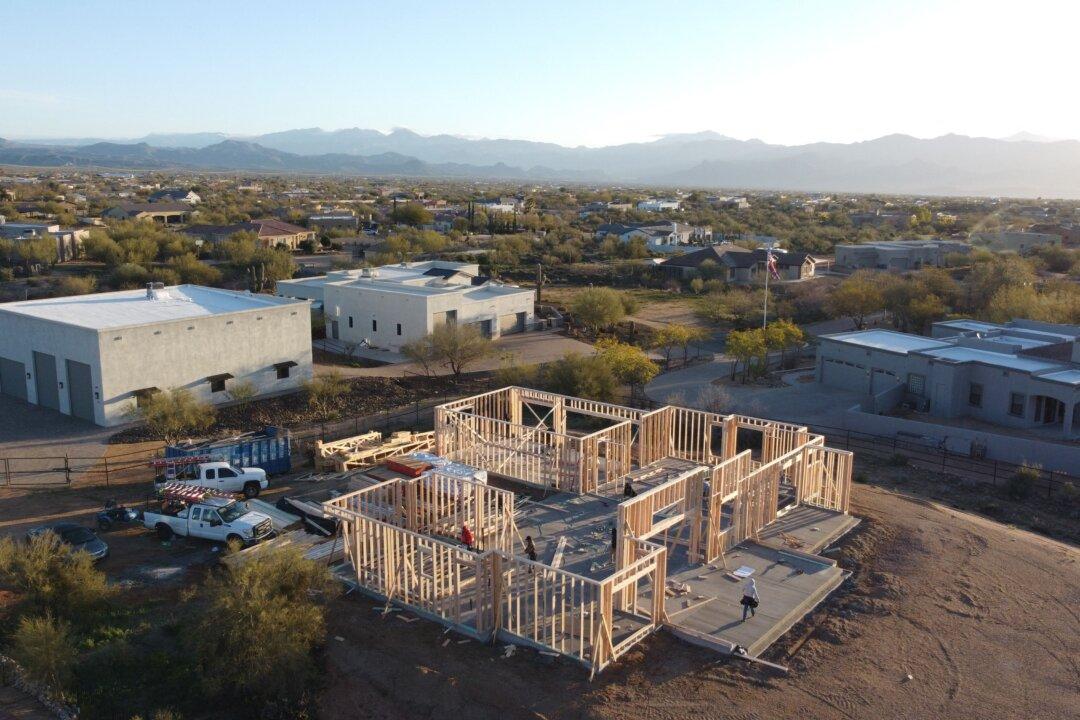The number of housing starts tumbled last month, despite signs that the home sales market is heating up again after falling.
Housing starts take into account the change in the number of new residential buildings beginning construction.

Housing starts take into account the change in the number of new residential buildings beginning construction.